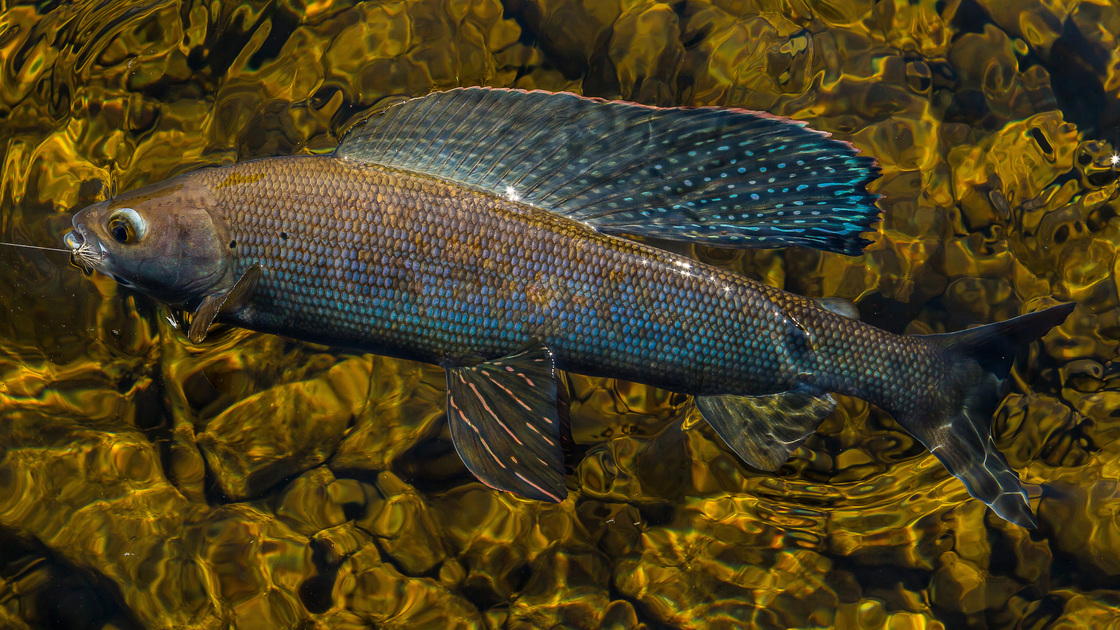"To keep America's wilderness anything like it used to be when the country was truly wild takes the help of biologists. They have to balance the needs of wildlife with those of cattle-ranching and tourism, and even weigh the value of one species against another. Ultimately, they have to pick and choose who makes it onto the ark. And, as scientists in Montana's Centennial Valley have discovered, all that choosing can be tricky."
truly wild takes the help of biologists. They have to balance the needs of wildlife with those of cattle-ranching and tourism, and even weigh the value of one species against another. Ultimately, they have to pick and choose who makes it onto the ark. And, as scientists in Montana's Centennial Valley have discovered, all that choosing can be tricky."
"Take the case of the valley's trumpeter swans. These are the largest waterfowl in North America. They have a 7-foot wingspan. They're ivory-white, curvaceous, and elegant — and 80 years ago they were almost extinct. Simply put, there were too many people using the same land the swans needed. And there were too many hunters."
"The flock of trumpeters I found lounging on a lake in the Centennial Valley belongs to a small population that has struggled back from the brink. In the Centennial, biologists built ponds for the birds, and fed them — and the swans' numbers recovered."